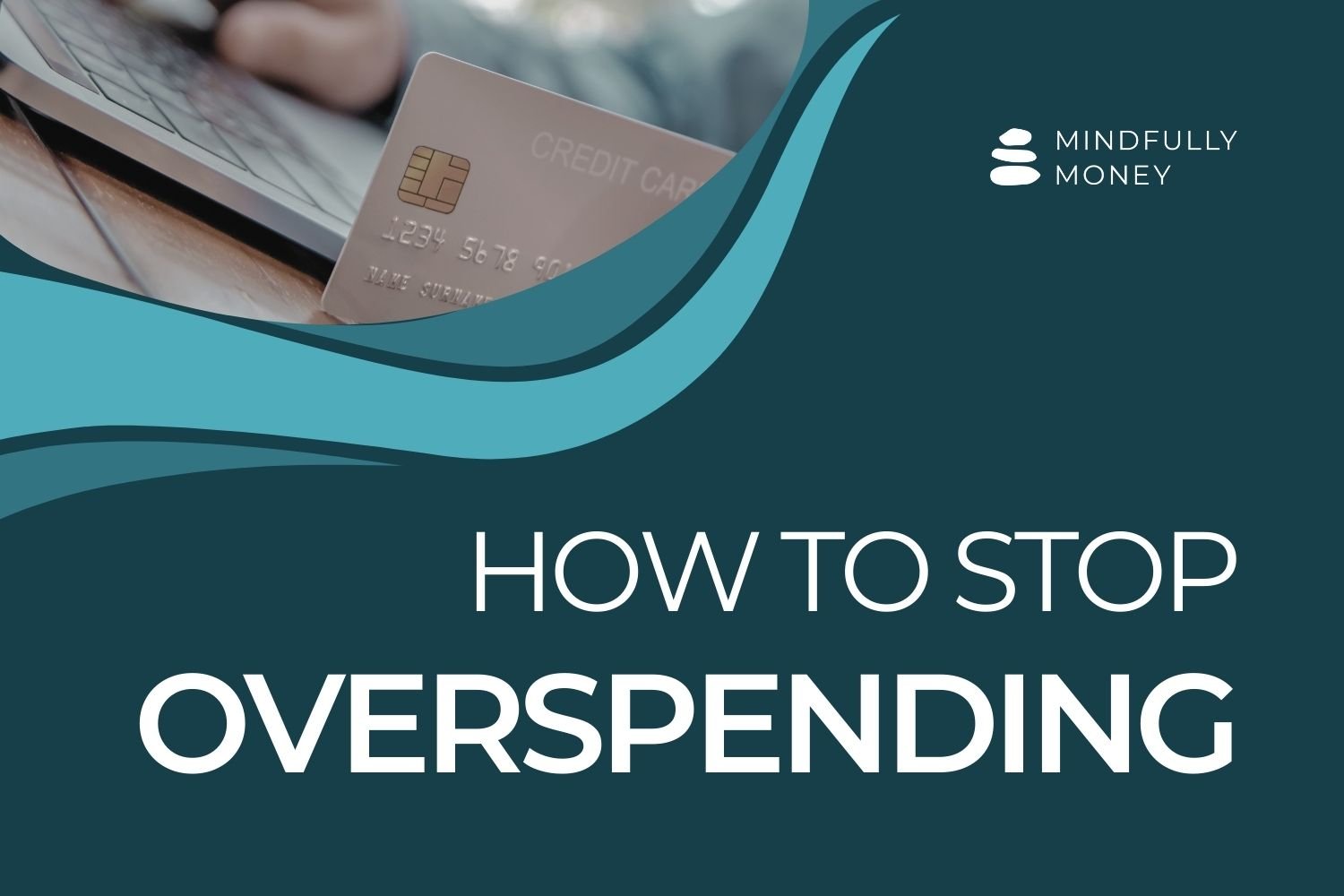Forget Coupons—You Need This Money-Saving Strategy Instead
Pin this image to save for later!
According to LendingClub, 60% of Americans reported living paycheck to paycheck in January 2023. It’s not just those with lower incomes: 4 in 10 people with a high income also reported living paycheck to paycheck.
People struggle financially for all sorts of reasons. Certainly, the economy, inflation, the job market, Covid, and other societal factors affect one’s financial situation. Increasing costs of food, medical care/insurance, houses and other items have put pressure on everyone’s budget. And many struggle to find work that actually pays enough to cover basic living expenses.
It’s natural to look at all of these things and feel hopeless. Many of these things are outside of what you can control.
But that doesn’t mean that you can’t do anything about it. There are always things you can do, and focusing on what is in your control is one of the best ways to start feeling empowered.
The good news is that with a bit of conscious effort and a few smart strategies, you can significantly reduce your spending without compromising your quality of life. Whether you're looking to save up for a big purchase, pay off debt, or simply improve your financial well-being, these actionable tips will help you cut down on spending, take control of your finances, and break the paycheck to paycheck cycle.
There are hundreds of money-saving tactics. A quick Google or Pinterest search will turn up pages and pages of ways that you can save money on whatever area of life you’d like. In fact, many of those techniques can be found on my blog.
But there’s something more important than the specific techniques of cutting down on spending: your strategy and mindset.
Imagine for a moment (or maybe you don’t have to imagine), that you are a person who is freaking out because costs have been rising and you have some medical bills to pay and the kids need new clothes and your retirement savings is less than optimal and…
So you’re stressed, to say the least.
Then you go to the store to buy groceries. You’re standing in the Target aisle looking at the things that you normally just whiz by and toss into the cart. But now that you’re motivated to save money, you find yourself evaluating every little thing.
You’re looking at salsa and trying to figure out if there is a cheaper version of the salsa you love. Or if you can do a store brand. Is it better to buy the bigger one? What about the one that’s on sale? There are SO. MANY. OPTIONS.
You finally pick one and move on to the cereal aisle where you are now comparing box sizes, weights, cost per ounce, brands, etc.
It’s exhausting. And you’re only on the second item on your list.
You go home feeling drained and thinking that it’s impossible. You wonder how some people make it look easy. And you might even give up, because clearly you’re a failure at this whole “saving money” thing.
Here’s the thing: trying to do everything all at once all the time is never going to work. So if you failed, it’s not because you’re bad at it—it’s because focusing on every roll of toilet paper and loaf of bread is a failing strategy.
You’re thinking too small.
You can’t coupon your way to a fully funded retirement account or emergency fund.
There’s nothing inherently wrong with trying to find the best prices and employing smart shopping strategies. Sometimes all of these money-saving tactics can be quite helpful!
The problem is that it takes too much mental energy and isn’t sustainable unless you have the time and mental capacity for it.
When it comes to most things in life, you can either spend time OR money. Saving money often requires spending more time—time to do things yourself, compare prices, and shop around.
On the other hand, you can save time by spending money. For example, you can hire someone to clean your house or choose to buy all of your groceries at whatever store happens to be most convenient.
When I was a stay-at-home mom, I had the time to spend visiting different stores to find the best prices. (And honestly, I needed a daily outing just to keep me sane.)
But now that I’m running my own business, I do not have the time or mental capacity to do that. I’m focused on finding a more balanced approach between trying to save money and spending money to free up time.
If you’re like me, you don’t always have enough money to outsource everything. That’s why it’s helpful to stop worrying about saving 30 cents and start focusing on the big things you can do that have a more significant impact with less work.
Focus On the Big Stuff
One of the challenges of modern life is keeping your overall living costs from getting out of control. We are constantly bombarded with marketing messages, articles about how we’re supposed to live, and pictures from friends and acquaintances.
We hear of a friend buying a big new home in the suburbs, see pictures from everyone else’s vacations, and consume online content showing us all the things we need for our perfect, magazine-worthy home.
For example, I recently saw an article about how you’re not supposed to have the tv in your living room. But that assumes that there is another room in which you can watch tv, which is not as common as the article makes it out to be. If you live in a smaller home or apartment, you simply don’t have the ability to put your tv anywhere else.
Yet, we consume tons of media showing us that these large, elaborate homes with multiple common areas are the norm. We think our goal is to attain all of that even though it is far from attainable for many individuals and families.
The constant bombardment has led us to believe that we should be wanting and attaining far more than many of us can afford—particularly with the extremely high costs of homes right now.
It is completely normal and understandable if you find yourself wanting these things. But you do have to be careful of not overextending yourself. A mortgage payment that is too high can cause significant stress, hurt your ability to save for your future, and result in less money for other things that you want and need.
This is where a 50/30/20 budget analysis can be somewhat useful. Take a look at your total necessary living expenses (housing, utilities, food, transportation, insurance, and other “needs”). These should add up to around 50-60% of your take-home pay.
If these exceed 60% of your budget, you may want to consider figuring out how to reduce them.
This could include more extreme options like selling a car and getting a used one (to reduce a car payment) or moving to a less expensive home. Or it could include things like using a budget phone plan, giving up a streaming service or ditching cable, or shopping around for new insurance.
The point is that the financial stress of living paycheck to paycheck does not come from all the small, daily decisions we make about saving a dollar here and there. The financial stress is usually the result of much bigger decisions and high-ticket items.
It’s the bigger house and all of the stuff that we “need” in order to properly fill, furnish, and decorate the house. It’s all of the things we buy that we think we’re supposed to have. It’s the activities and vacations that we think we deserve because we’ve worked hard and should be in a place where we can have them.
I’m not recommending that you move to a run-down pit, make everything from scratch, and never have any fun or buy anything that you want.
I’m suggesting that you be careful and intentional with where your money goes. Figure out what things are most important to you—not to interior design influences, magazine articles, or people you know. Find ways to appreciate what you already have and figure out alternative ways to fill needs and desires that you have.
Above all, take a moment to question yourself anytime you start to desire something. Ask yourself if it is something that you actually want and care about. Consider how you’d feel about not having that item/experience if it meant that you could do something else that was more important.
Happiness doesn’t come from simply having things—it comes from having the things that give your life meaning.








